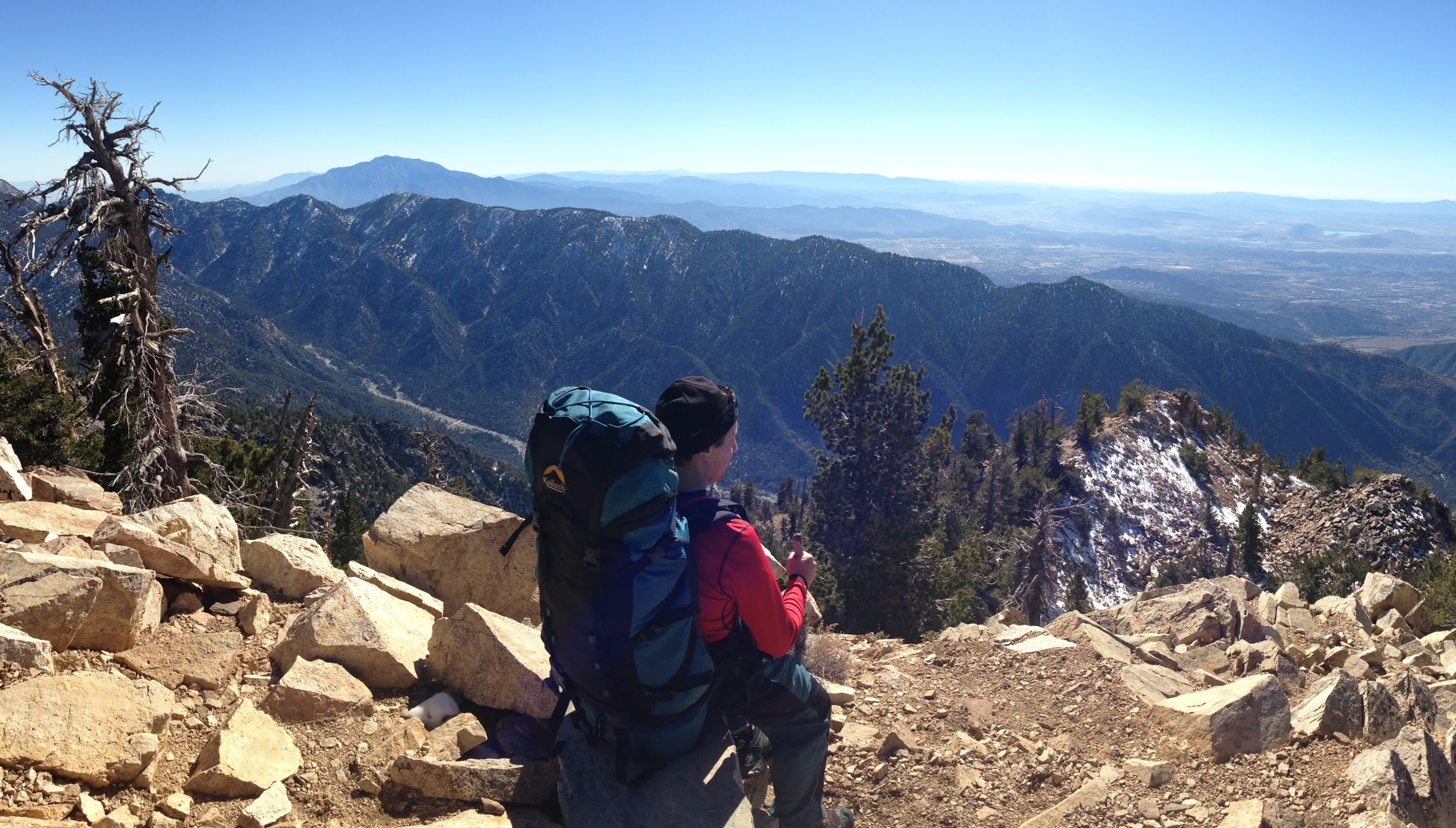Who is Fernando?
I'm Fernando Paolo, a Machine Learning Engineer and Research Scientist at Global Fishing Watch, an international nonprofit organization. I develop algorightms to analyze global feeds of satellite radar and optical imagery, and use (deep) artificial neural networks to investigate human activity at sea and related environmental changes.
Before that, I worked at the NASA Jet Propulsion Laboratory, studying the role of the Cryosphere in the Earth's climate system and its implication on future sea-level change. I used high-performance computing to analyze three decades of radar and laser satellite measurements and quantify ice sheet loss.
Before that, I got my PhD in Geophysics from the University of California, San Diego, where I developed statistical methods for satellite data fusion and change detection to study ice-ocean-atmosphere interactions.
Before that, I got my MS in Geophysics working with space geodesy, combining spaceborne and shipborne measurements to improve the derivation of the Earth's gravity field using inverse methods.
Before that, I got interested in climate science during my undergraduate years while taking part in an Antarctic expedition. I studied Oceanography at the University of Sao Paulo, Brazil, participating in several scientific cruises to the South Atlantic Ocean.

May your search through nature... lead you to yourself
Professional Biosketch
Fernando develops machine learning algorithms for global analysis of satellite data to investigate human activity at sea and associated environmental change. Fernando is currently working on an AI-powered object detection system for Global Fishing Watch using petabytes of radar and optical imagery. Before joining GFW, Fernando worked as a postdoctoral scholar at the NASA Jet Propulsion Lab, where he used satellite measurements to quantify current ice sheet loss and global sea level change. He received the 2015 NASA Most Valuable Player Award for his work on ice shelf change, and two NASA Group Achievement Awards for his contribution to the ICESat-2 mission. Fernando obtained his PhD in geophysics from the University of California, San Diego, and has authored numerous articles on climate research using statistical/ML methods. He has also participated in several scientific cruises to the Southern Ocean including an expedition to Antarctica. Fernando is a strong advocate of open source and open data.
Beyond my research
In addition to studying the impact of humans on the environment and climate, in my “free” time I like to deepen my understanding of a variety of subjects, including our perception of reality and the connection to psychological suffering; the relationship between consciousness, intelligence and experience; the parallels between modern physics and ancient mysticism in understanding the natural world; the implications of achieving artificial general intelligence; the limits of human performance, health and longevity; and what really makes life worth living; among others.
Why a minimal design?
In a visually striking and polluted world, a minimalistic layout recovers the beauty of simplicity and sophistication. The aesthetics of modern design is clean and focuses on the contents' essential, reducing the subject to its fundamental features, and nothing more...
In anything at all, perfection is finally attained not when there is no longer anything to add, but when there is no longer anything to take away, when a body has been stripped down to its nakedness. -Antoine de Saint Exupéry
The public is more familiar with bad design than good design. It is, in effect, conditioned to prefer bad design, because that is what it lives with. The new becomes threatening, the old reassuring. -Paul Rand